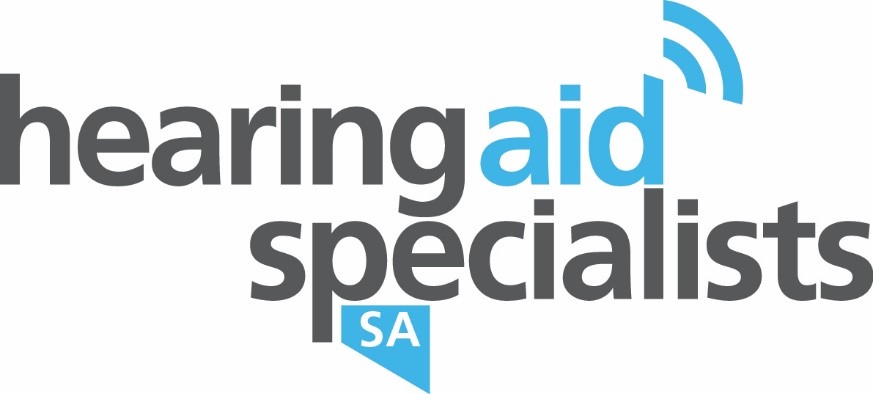Most of us go through life surrounded by sound — the laughter of family, the hum of traffic, the chatter of friends in a cafe, or even the quiet rustle of leaves in the backyard. Hearing helps us stay connected, safe, and engaged. But when it begins to fade, the change can be subtle at first. You might notice yourself turning the TV up a little louder, missing parts of conversations, or asking people to repeat themselves more often. Over time, these small frustrations add up, and what was once background noise becomes a daily challenge.
In Australia, hearing loss and hearing impairment are far more common than people realise. One in six Australians live with some form of difficulty, and this number is expected to grow as our population ages. Yet, hearing loss is not just a medical issue. It’s deeply personal. It affects relationships, careers, confidence, and even our sense of independence.
Hearing Loss vs Hearing Impairment
The terms hearing loss and hearing impairment are often used as though they mean the same thing, but they carry slightly different nuances. Hearing loss usually refers to the medical condition itself, while hearing impairment is a broader way of describing any limitation in hearing that affects day-to-day life. Both can range from mild to profound, and both can significantly influence how people interact with the world.
For many people, the first signs of hearing difficulty come gradually. Voices begin to sound muffled, group conversations become harder to follow, and noisy environments like restaurants feel overwhelming. Others might experience sudden changes, perhaps after an infection or an unexpected exposure to very loud noise. Whatever the cause, the experience is rarely straightforward.
Why Hearing Fades
There isn’t just one reason why people experience hearing impairment. Age is the most common factor — the tiny hair cells in the inner ear that pick up sound naturally decline as we get older. But noise exposure plays a huge role too. Decades of loud music, construction sites, or industrial workplaces can leave lasting damage.
Other causes include chronic ear infections, fluid in the ear, or conditions such as Meniere’s disease. Some people inherit hearing difficulties from birth, while others may find their hearing affected by certain medications. Even something as simple as a stubborn build-up of earwax can leave someone temporarily struggling to hear.
How It Feels to Live with Hearing Impairment
One of the biggest challenges of hearing loss is that it doesn’t just affect your ears — it affects your whole life. Conversations become stressful, and it can feel easier to avoid social situations altogether. Many people describe a sense of isolation when they can’t keep up with the flow of talk at family gatherings or workplace meetings. Over time, that isolation can lead to frustration, loneliness, and even depression.
There are also practical challenges. Everyday tasks like hearing the phone ring, crossing the road safely, or responding to emergency alarms become harder. The ripple effect is huge — not only for the person experiencing hearing loss but for their families and friends too.
Recognising the Signs Early
The tricky part about hearing impairment is that it often sneaks up gradually. People may not even realise how much they’ve adapted until someone points it out. Common signs include constantly asking others to repeat themselves, turning the TV or radio up louder than normal, struggling in group conversations, or hearing a ringing or buzzing in the ears.
If any of this sounds familiar, the best thing you can do is book a hearing test. At Hearing Aid Specialists SA, we offer everything from simple hearing screenings to full diagnostic assessments, giving you a clear picture of what’s happening and what can be done to help.
Getting Help: Treatment Options
The good news is that hearing loss is not the end of the story. In fact, with today’s technology, support has never been better. For many people, hearing aids are life-changing. They’re not the bulky, whistling devices of the past — modern aids are discreet, comfortable, and highly advanced. They can be tailored to your specific needs, making conversations and daily activities much easier.
Sometimes, treatment may involve something as simple as clearing earwax or treating an infection. Other times, assistive listening devices — like amplified telephones or TV streamers — add an extra layer of support. Beyond technology, counselling and rehabilitation services help people adjust to life with hearing aids or hearing impairment, making the transition smoother and more empowering.
Why Early Action Matters
There’s a strong link between untreated hearing loss and other health conditions. Studies show that it can increase the risk of cognitive decline, memory problems, and even dementia. The brain relies on constant stimulation, and when hearing decreases, those areas of the brain can weaken over time.
Addressing hearing impairment early also helps maintain relationships and confidence. Instead of withdrawing from social events, people can continue enjoying the moments that matter most — whether that’s chatting with friends at the local cafe, joining a community group, or keeping up with grandchildren.
Prevention and Protection
While some forms of hearing loss can’t be avoided, many can be prevented with a little care. Wearing ear protection in noisy environments, limiting exposure to loud music, and scheduling regular hearing checks (especially after the age of 50) are all simple but powerful ways to protect your hearing health.
Your Journey to Better Hearing
At Hearing Aid Specialists SA, we believe every Australian should have the opportunity to hear well. That’s why we focus on more than just hearing devices — we guide you through the entire process. From your first hearing screening near me search to comprehensive tests and finding the right hearing aid in Adelaide, we’re with you every step of the way.
If you’ve noticed changes in your hearing or have been putting off a test, now is the time to take action. Book an appointment today and start taking care of your hearing.

